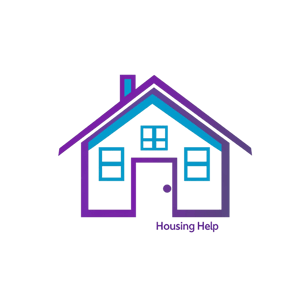Domestic Violence Hotlines: SafeLink and Its Resources
3/11/20252 min read


Introduction to Domestic Violence Hotlines
Domestic violence affects countless individuals across the United States, and having access to reliable resources is crucial for those seeking help. In Massachusetts, SafeLink (877-785-2020) serves as a central hotline, offering support and guidance to victims of domestic violence. This guide details what to expect when calling the hotline, the necessary information to provide, and the privacy protections afforded to callers.
What to Expect During a Hotline Call
When a survivor reaches out to SafeLink, they will connect with trained advocates who specialize in supporting victims of domestic violence. The first part of a call typically involves the advocate gathering basic information about the caller’s situation. Callers should be prepared to discuss their safety concerns, current living situation, and any immediate threats they may be facing.
Privacy is paramount in hotline communications. Advocates are trained to handle sensitive information with utmost confidentiality, ensuring that callers feel secure while seeking assistance. To enhance the safety of the caller, the advocate may conduct a danger assessment. This assessment allows advocates to understand the severity of the situation and to offer tailored advice and resources.
Support Services Offered by Hotline Advocates
The role of a hotline advocate goes beyond just taking calls. Advocates provide emotional support, helping survivors cope with their experiences while validating their feelings. Furthermore, they assist in creating safety plans, which are essential for those who may still be in contact with their abuser.
Hotline advocates also connect callers to local resources, including shelters, counseling services, and legal assistance. Specialized hotlines exist for particular populations, such as LGBTQ+, immigrant, and disabled survivors, ensuring that everyone receives the appropriate support tailored to their unique circumstances.
Some potential callers may hesitate due to concerns regarding language barriers or hearing impairments. SafeLink is committed to inclusivity and often provides services like translation and TTY services for individuals who may need them.
Understanding the Types of Calls Handled by Hotlines
It is important to understand the difference between crisis calls and information calls. Crisis calls are urgent, often involving immediate danger and requiring immediate interventions, such as coordinating emergency shelter placements. Hotline advocates can guide callers through this process, providing real-time solutions and safety arrangements.
In contrast, information calls may relate to non-urgent inquiries, such as seeking advice about local resources or understanding domestic violence dynamics. Regardless of the nature of the call, all individuals deserve care and respect throughout their interaction with the hotline.
As we continue to raise awareness about domestic violence, we encourage individuals facing such situations to utilize resources like SafeLink. Reaching out for help is a courageous step toward safety and healing. Remember, you are not alone, and there are trained advocates ready to support you at any time.
Domestic Violence Housing Navigation & Support | Massachusetts
Specialized housing navigation services for domestic violence survivors in Massachusetts. Find safe, independent housing quickly with personalized guidance from someone who's walked this path. Your privacy is protected—no tracking or data storage.
contact@dvhousinghelp.org
617-299-6449
© 2025. All rights reserved.
